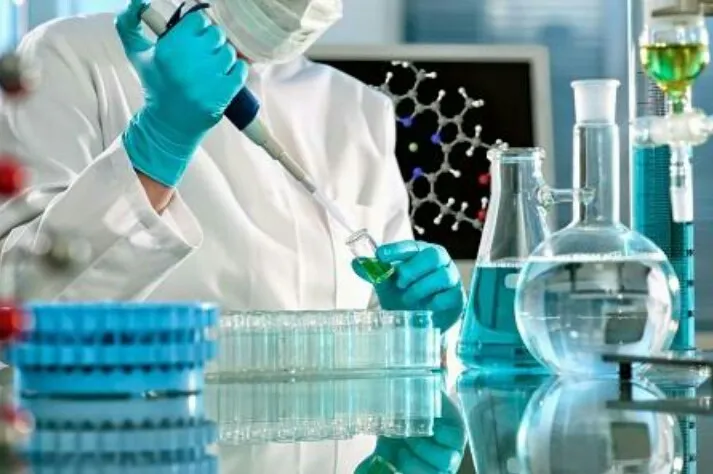The Bachelor of Medical Science is an innovative and flexible course providing exciting options for students interested in a wide range of careers in the medical and health sciences.
The course emphasises the fundamental sciences that underpin virtually all fields of medical science.
The topics specific to Medical Science combine different approaches to learning and progressively cover key elements such as teamwork, verbal communication, critical thinking, problem solving, hypothesis development and testing, and preparation of a grant proposal and business plan for research.
It differs from traditional courses in biomedical science by offering a broader range of specialisations and new topics that focus on the professional skills required to gain employment in any field of medical science.
What will I study?
Refer to the course rule.
What is Medical Science?
Medical Science is a broad term that covers such areas as biochemistry, molecular biology, medicinal chemistry, microbiology, neuroscience, physiology, nutrition, pharmacology, toxicology, vision science and biomedical technology.
All are vital to our ongoing efforts to develop and evaluate new treatments and strategies for health problems.
Why study Medical Science at Flinders?
We have a strong profile in Medical Science, combining the expertise of scientists working across 3 areas of the University who provide input to the degree program.
Our staff undertake fundamental, innovative and cross-disciplinary research that unites medical researchers, chemists, physicists, biologists, biomedical engineers, vision scientists and biotechnologists in the task of improving people's quality of life.
Our School of Medicine is one of the most progressive in Australia, having launched the concept of a graduate-entry medical degree and set new standards for student placements and addressing the needs of rural and remote communities. Its interests range from the international fight against avian flu to child obesity.
Our School of Biological Science's expertise includes molecular biology and biotechnology, leading to cutting-edge research into DNA, forensics and the development of new pharmaceuticals.